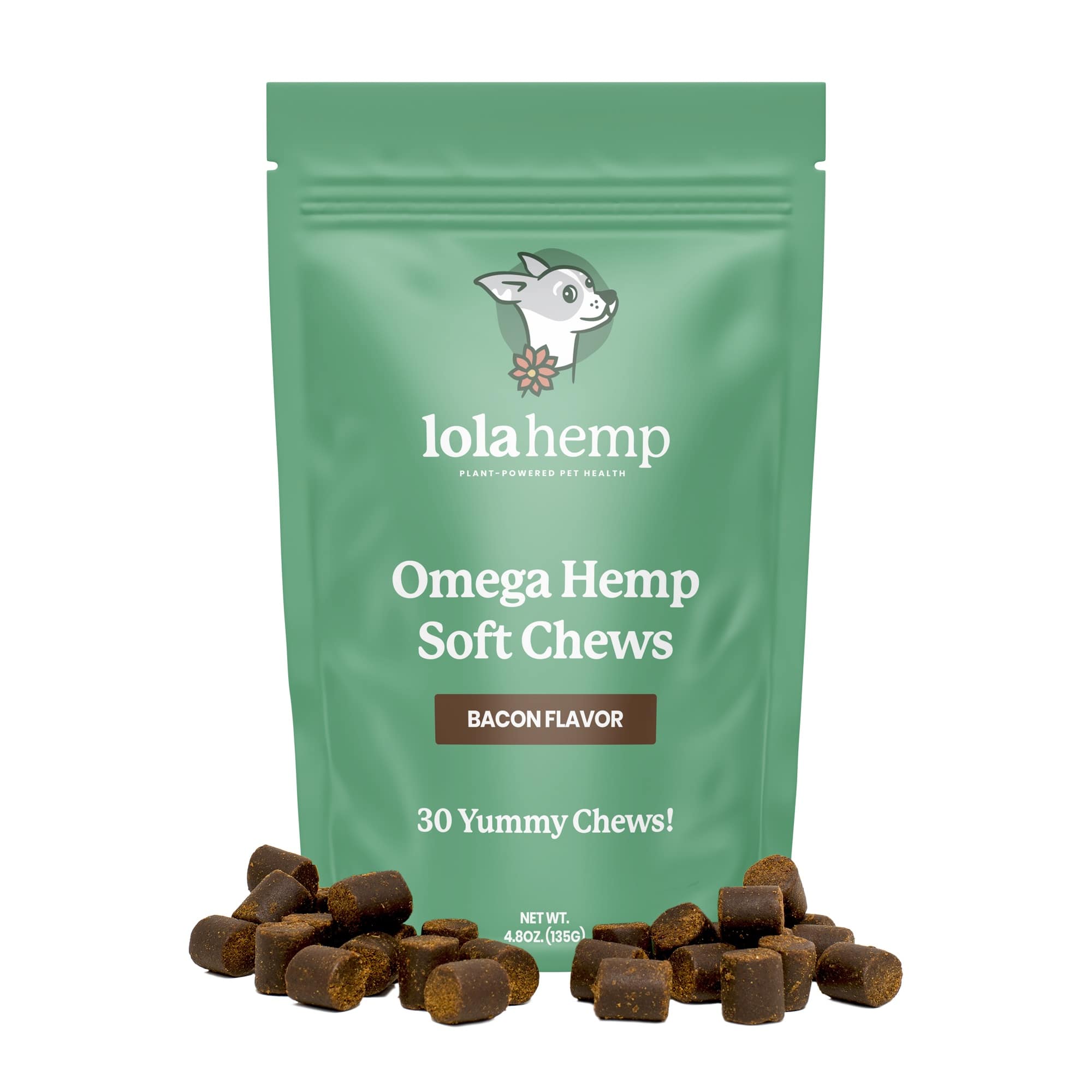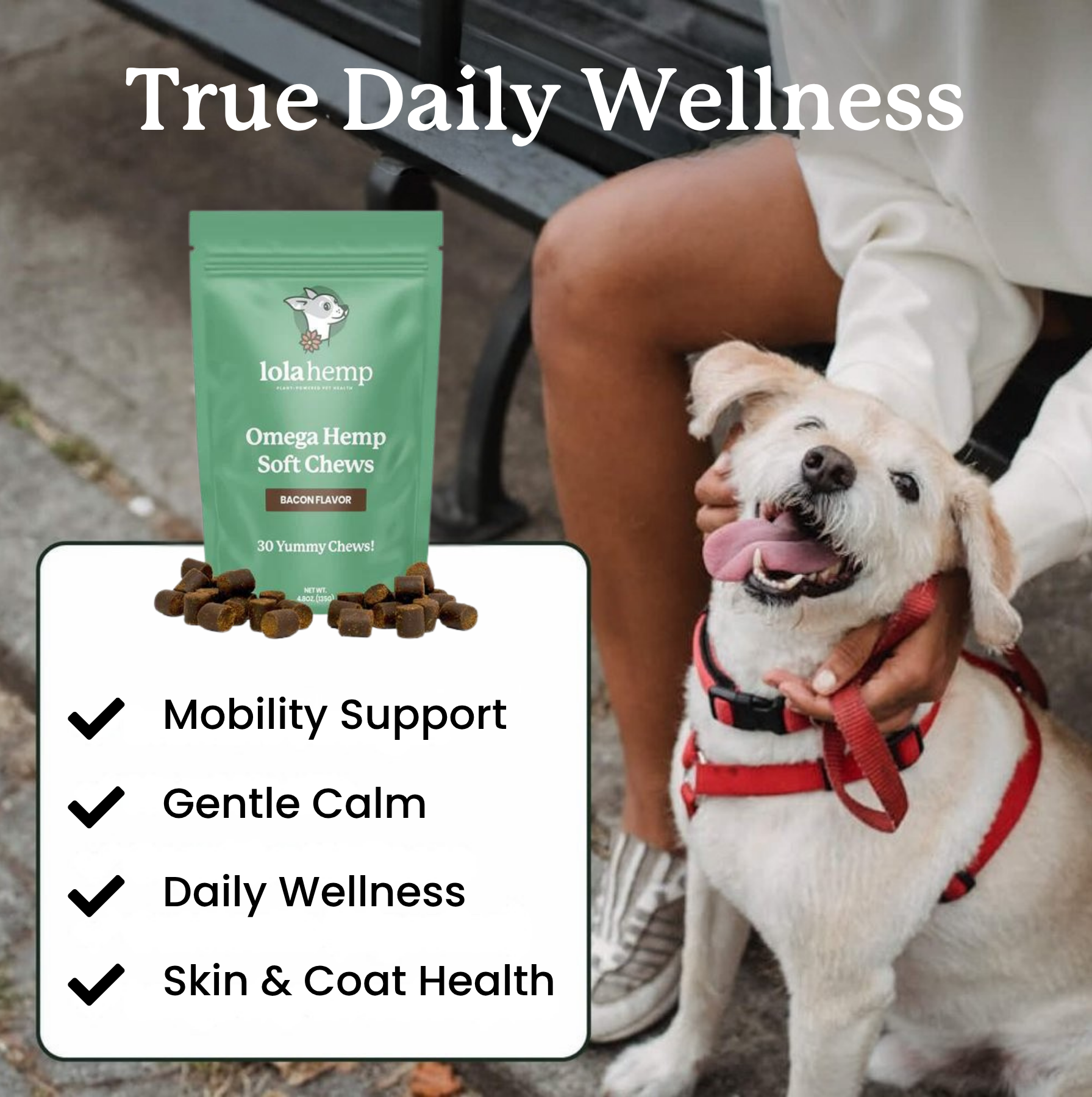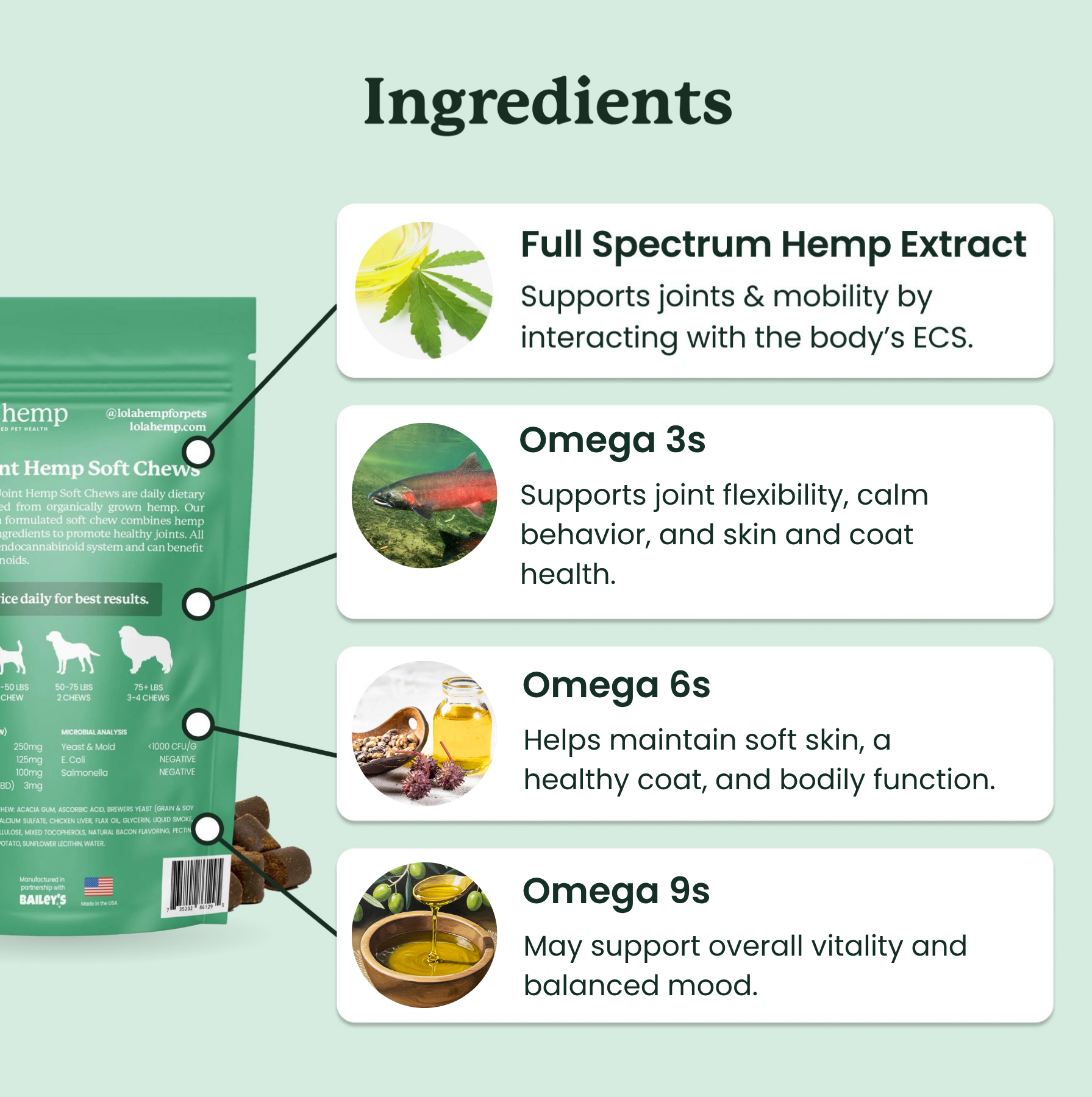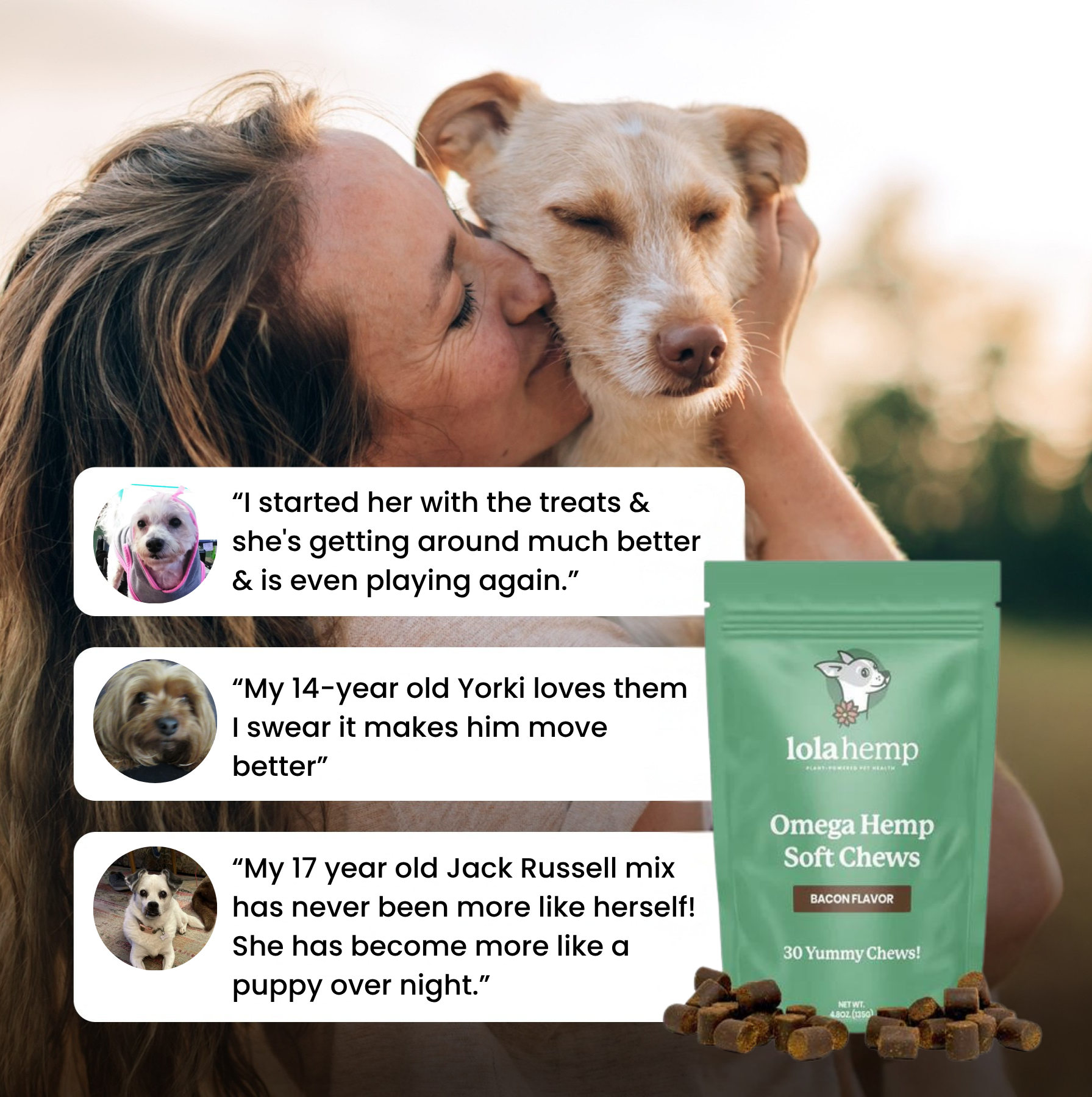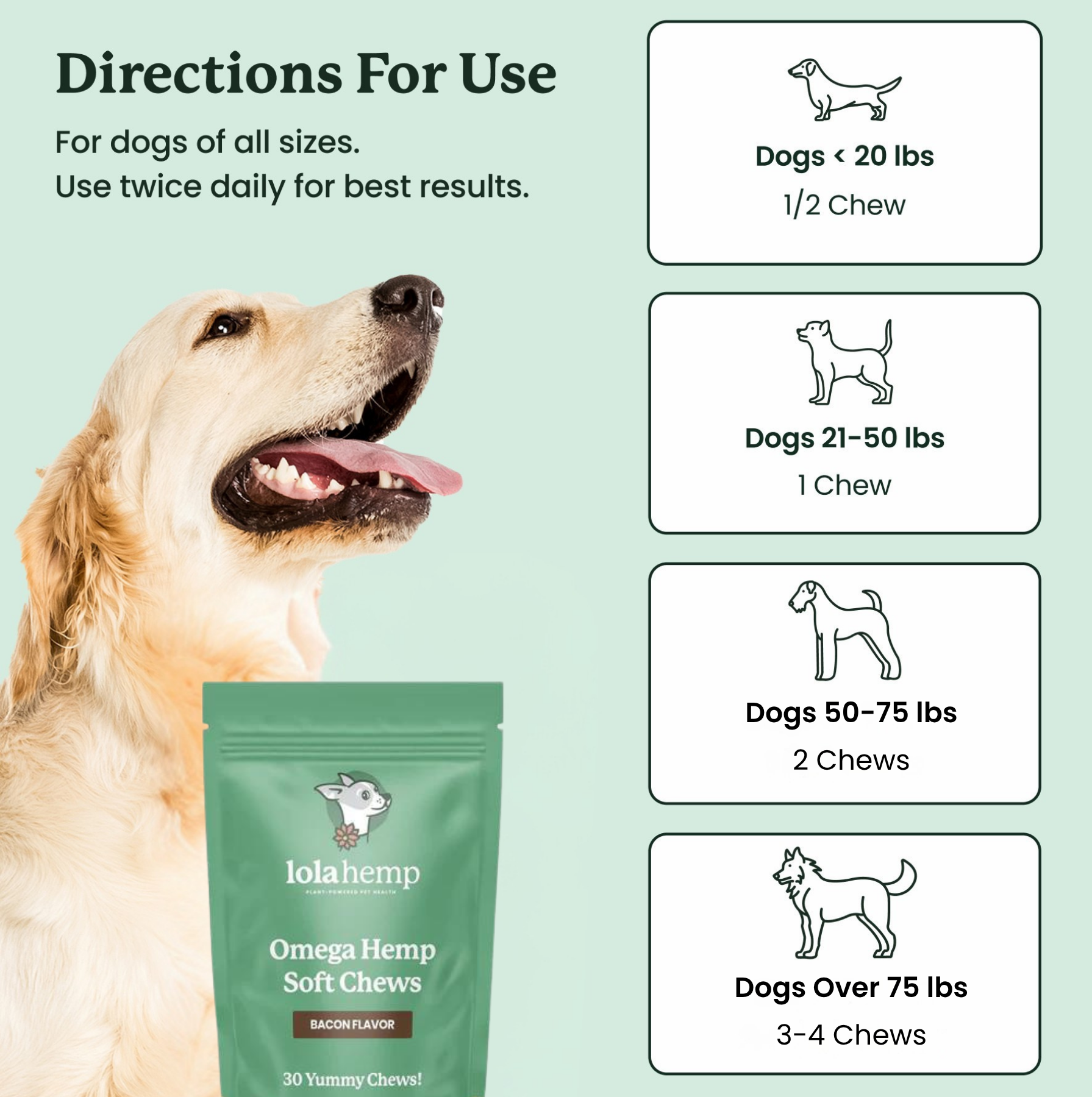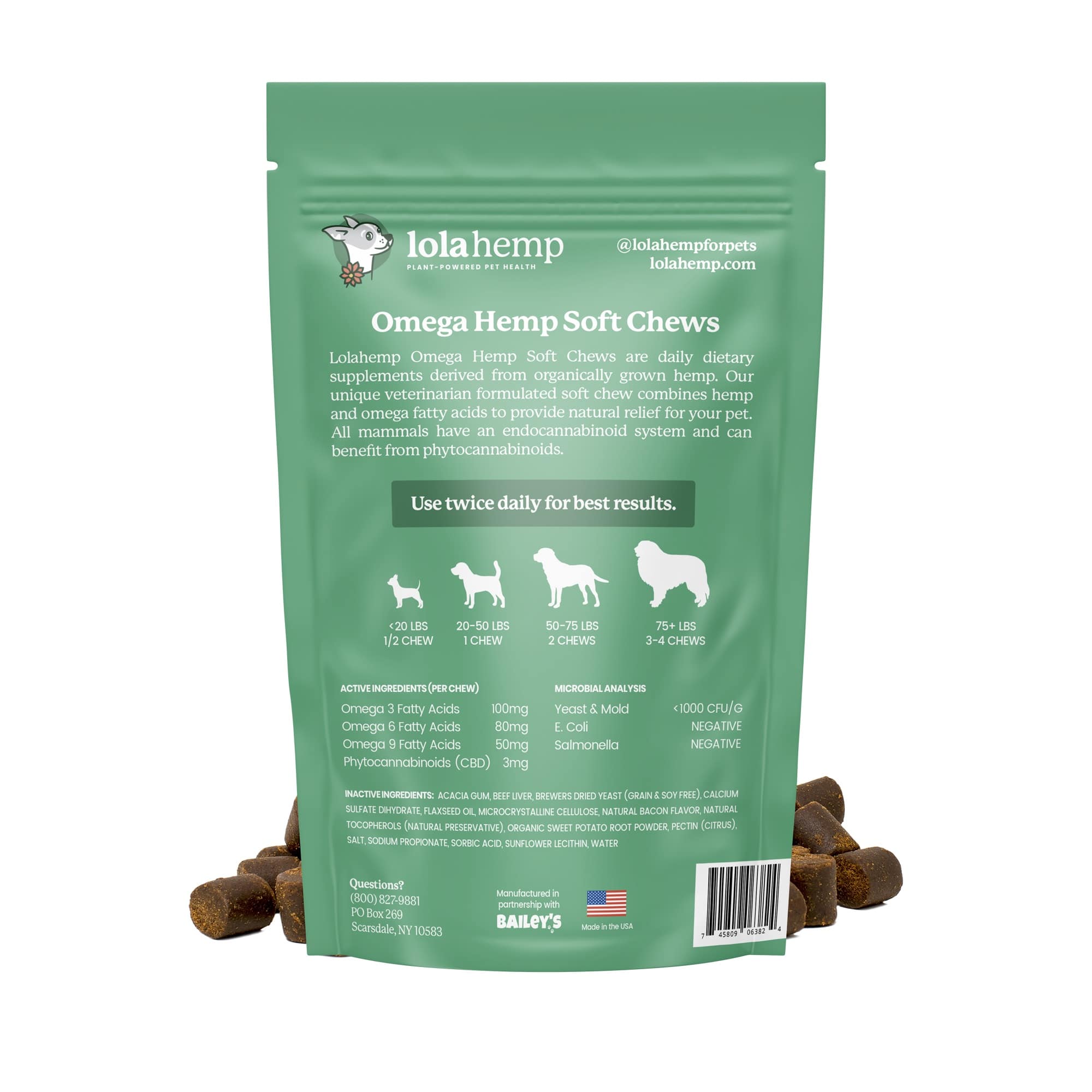If you’ve noticed that your senior dog is losing weight, whether it’s a gradual decline or they drop weight suddenly, it’s important to understand what’s happening. Weight loss in older dogs can be subtle at first, manifesting as a slow change in their body condition or more abrupt. Regardless of how it presents, it’s crucial to understand why.
Reasons Senior Dogs Mysteriously Lose Weight
As dogs age, weight loss can become a concerning issue, even if they’re still eating normally. There are several potential reasons for this, many of which stem from underlying health conditions. Here are some common causes of weight loss in senior dogs:
- Metabolic Disorders: Conditions like hyperthyroidism and diabetes can increase metabolism, causing weight loss despite normal food intake.
- Gastrointestinal Issues: Disorders like inflammatory bowel disease (IBD), chronic gastritis, and pancreatitis can interfere with nutrient absorption.
- Dental Problems: Painful teeth or gums can make chewing difficult, leading to reduced food intake and improper digestion.
- Kidney Disease: As kidneys begin to fail, toxins build up in the body, causing nausea, loss of appetite, and weight loss.
- Cancer: Tumors increase the body’s energy needs and can affect digestion and appetite, leading to significant weight loss.
- Dehydration: Reduced thirst or water intake can cause dehydration, which not only results in weight loss but also impacts overall organ function.
- Heart Disease: Weakened heart function reduces circulation, causing appetite loss, muscle wasting, and weight loss.
- Liver or Gallbladder Disease: These organs are crucial for digesting nutrients, and when compromised, they can lead to weight loss and digestive problems.
- Arthritis or Spinal Pain: Joint pain can reduce physical activity and appetite, contributing to weight loss.
If you notice your senior dog losing weight, it’s important to consult with a veterinarian. Early diagnosis and treatment can help manage many of these conditions and improve your dog’s overall well-being.
What to Do if Your Senior Dog is Still Eating but Losing Weight
If your senior dog is losing weight—whether it’s gradual or sudden—it’s important to take immediate action. Even subtle changes in appetite, behavior, or physical condition can be early signs of a health issue. While it can be alarming, the right steps can make a significant difference in your dog's comfort and overall health.
Here’s what you should do:
Schedule a Vet Visit: The first step is always to consult with a veterinarian. A professional examination is key to diagnosing the root cause of the weight loss, whether it’s a medical issue like kidney disease, heart disease, arthritis, or something more complex like cancer.
Monitor Their Diet and Eating Habits: Keep track of your dog's food intake. Are they eating less, or are they eating and still losing weight? This information will help your vet understand the issue. Also, consider offering easily digestible foods or foods designed for seniors to ensure they're getting the necessary nutrients.
Manage Pain and Discomfort: If arthritis, dental issues, or another source of pain is affecting your dog, managing that discomfort is crucial. Talk to your vet about pain management strategies, such as medication or joint supplements, to improve their quality of life and appetite.
Hydration and Nutrition: Ensure your dog stays hydrated. Dehydration can often exacerbate weight loss. Also, some dogs with medical conditions may require specific nutritional support or supplements, so ask your vet for recommendations tailored to your dog’s health needs.
Taking early action can make a significant difference in managing your senior dog's health. Regular vet check-ups, monitoring their weight and behavior, and providing the right care are key to addressing weight loss and improving their overall well-being.
How Serious is This Issue, & How Quickly to Take Action
Pet owners should take action as soon as they notice any signs of weight loss in their dog, especially if the loss is sudden or unexplained. Weight loss in pets can be a symptom of underlying health issues, and the sooner it's addressed, the better the chances of preventing complications or more severe health problems down the line.
How quickly should you act?
Immediate Attention: If your dog is losing weight rapidly, seems lethargic, or shows signs of dehydration (like dry gums or sunken eyes), take them to the vet as soon as possible. Rapid weight loss could be linked to serious conditions like kidney failure, cancer, or other metabolic disorders that need immediate care.
Gradual Weight Loss: If weight loss is gradual and you’re seeing other subtle signs like decreased appetite or a change in behavior, schedule a vet appointment within a few days to a week. While gradual weight loss might indicate less urgent issues (like dental problems or arthritis), early intervention is still important to prevent any conditions from worsening.
Frequently Asked Questions About Senior Dogs Losing Weight
Why is my senior dog losing weight even though they are eating?
Senior dogs can lose weight despite eating due to underlying issues like metabolic disorders, gastrointestinal disease, cancer, or organ dysfunction that prevent proper digestion or nutrient absorption.
Is sudden weight loss in older dogs an emergency?
Sudden or rapid weight loss in senior dogs can indicate serious conditions such as kidney failure, cancer, or dehydration and should be evaluated by a veterinarian immediately.
What should I feed a senior dog that is losing weight?
Easily digestible diets, senior-specific formulas, or veterinary-prescribed foods may help support nutrient intake. Your veterinarian can recommend the best diet for your dog’s condition.
Can dental issues cause weight loss in senior dogs?
Yes, dental pain can make chewing difficult, reducing food intake and contributing to gradual weight loss in older dogs.
When should I see a vet about my senior dog’s weight loss?
You should see a veterinarian as soon as you notice unexplained weight loss, changes in appetite, or signs of illness, even if the weight loss is gradual.

